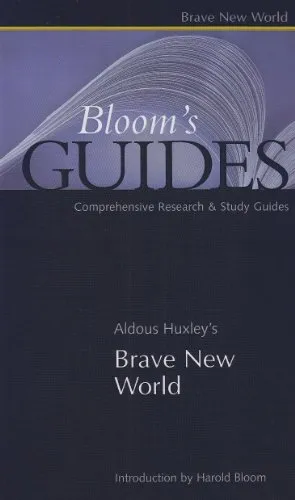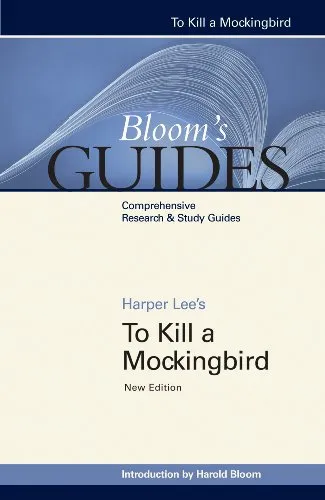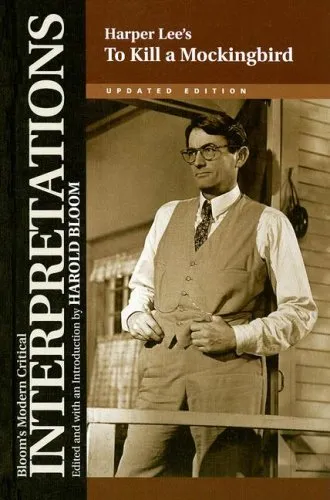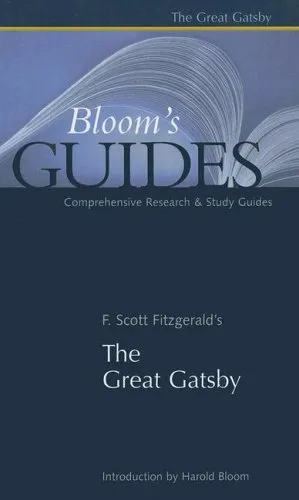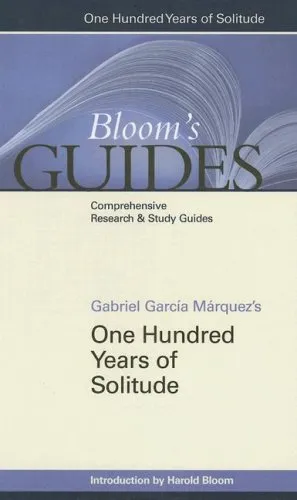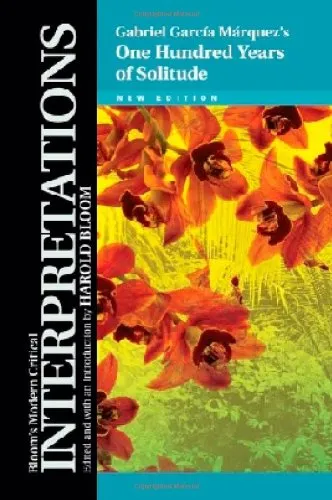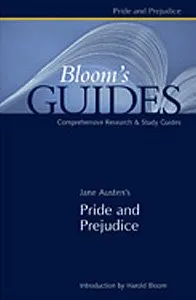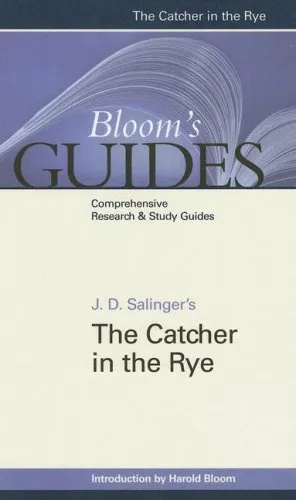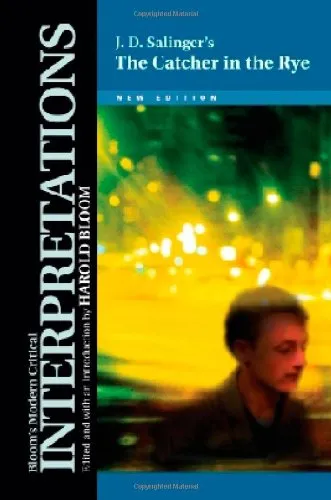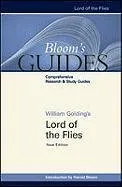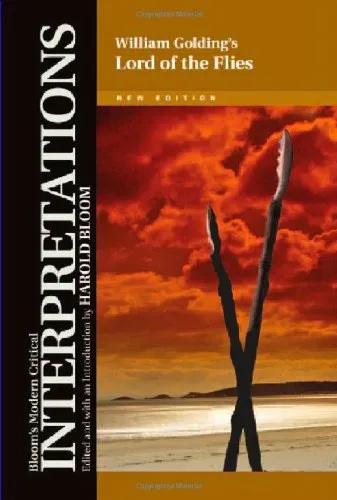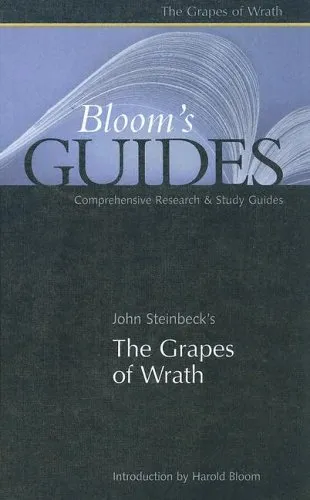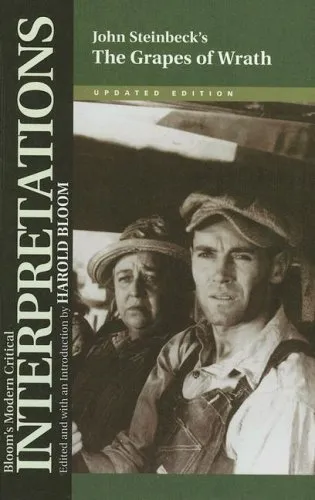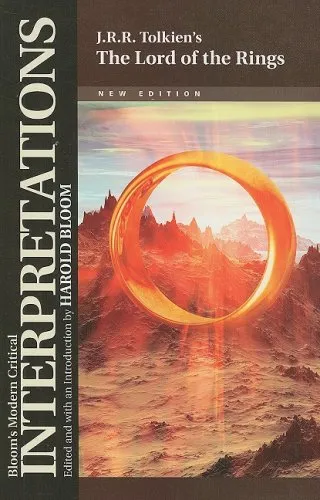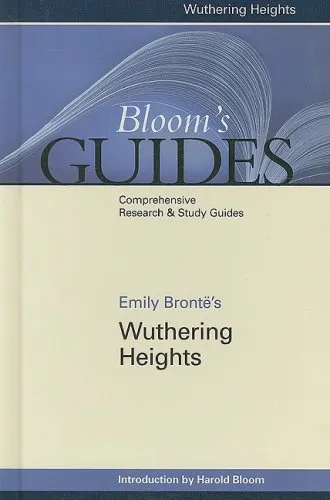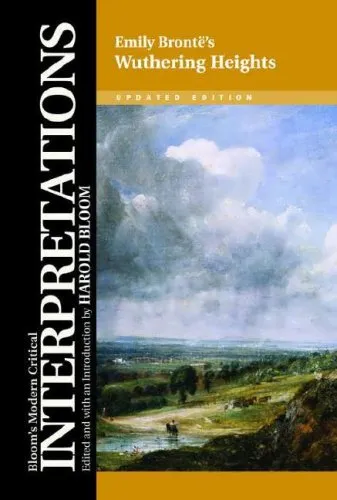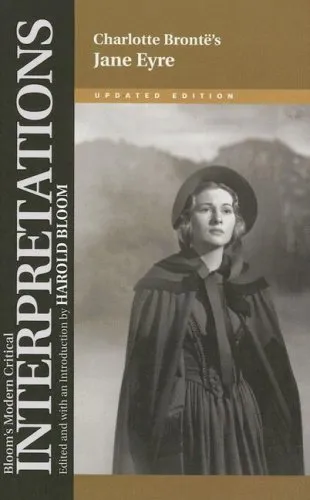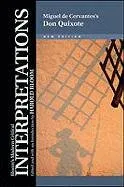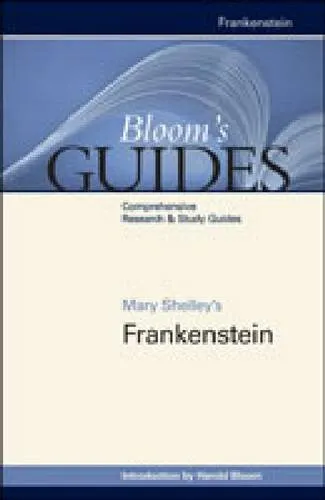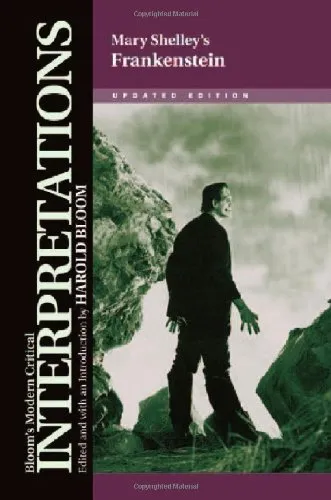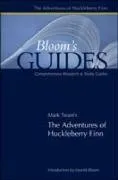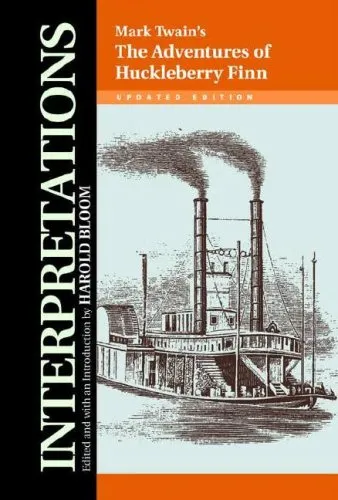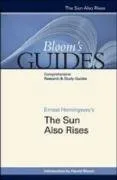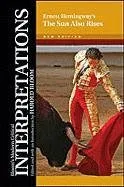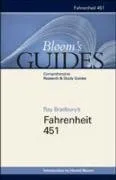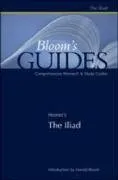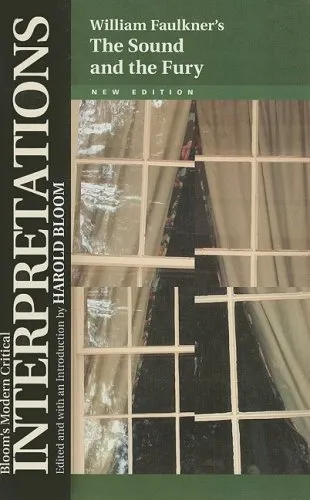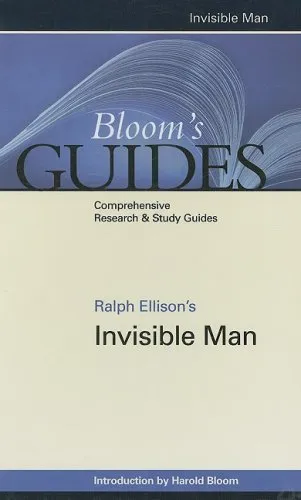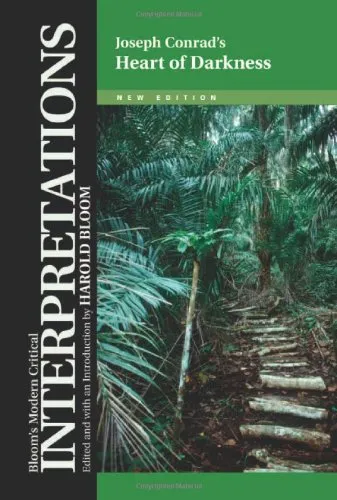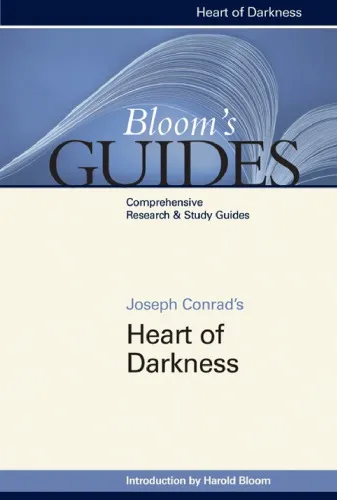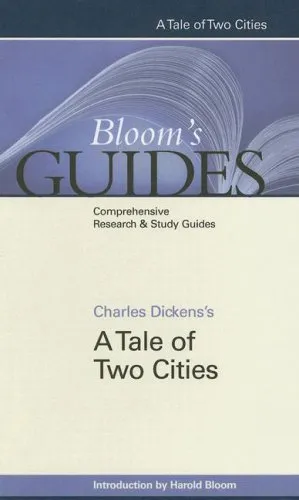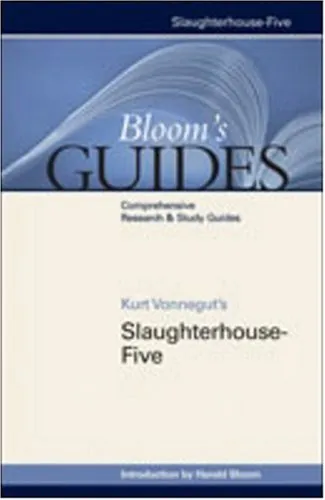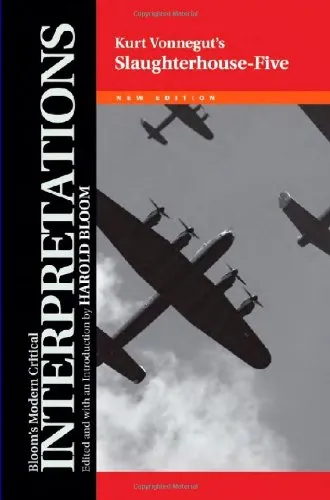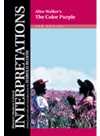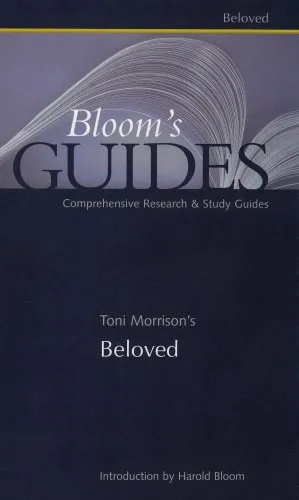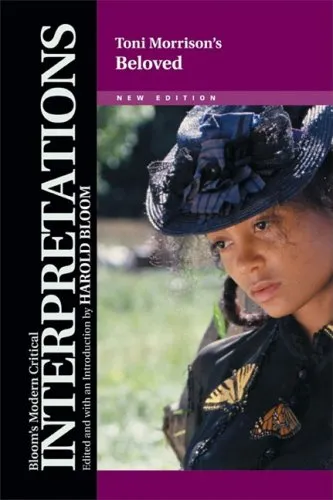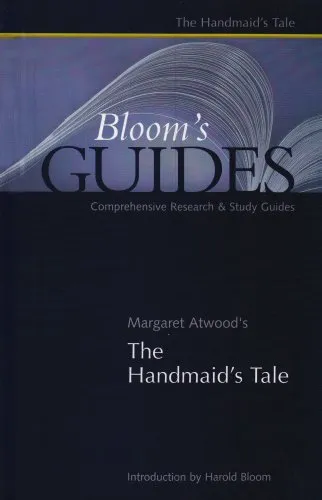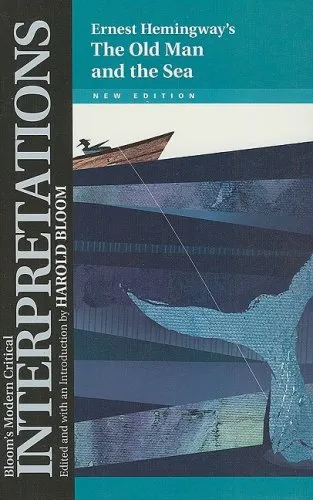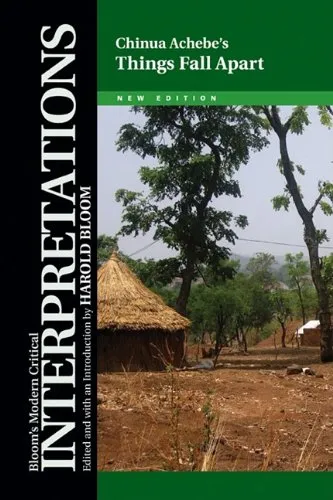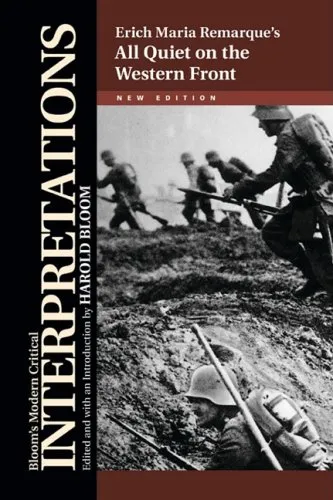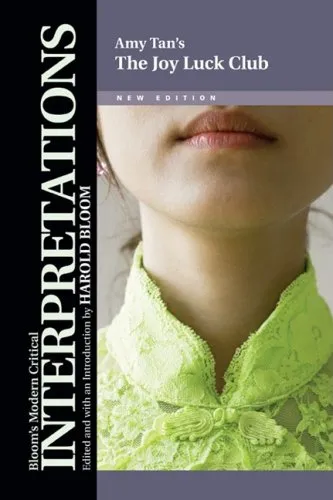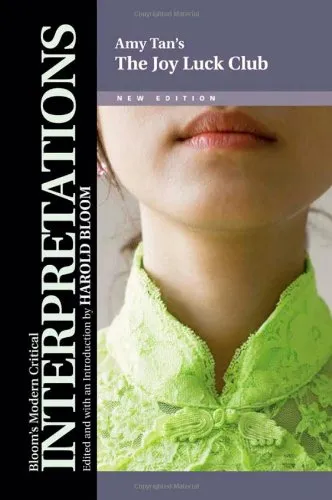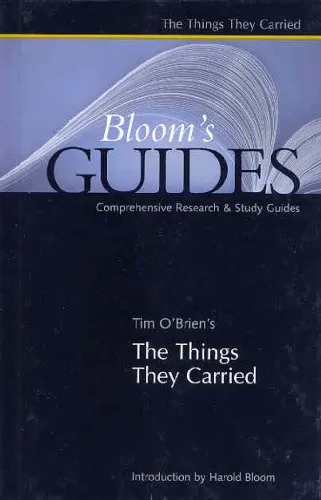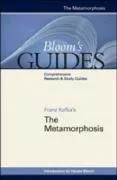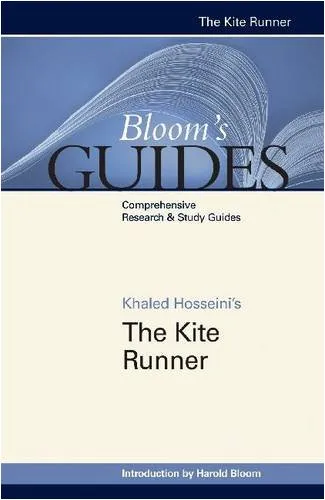Aldous Huxley's Brave New World (Bloom's Guides)
3.9
Reviews from our users

You Can Ask your questions from this book's AI after Login
Each download or ask from book AI costs 2 points. To earn more free points, please visit the Points Guide Page and complete some valuable actions.Related Refrences:
Persian Summary
Welcome to Aldous Huxley's Brave New World (Bloom's Guides), a comprehensive companion to one of the 20th century's most impactful dystopian novels. In this guide, readers can explore the profound themes and intricate layers of Huxley's work through detailed analysis, critical interpretation, and insightful commentary. This introduction aims to provide an overview of what makes this guide essential for both first-time readers and seasoned admirers of Brave New World.
Detailed Summary of the Book
Brave New World, published in 1932, thrusts us into a futurist society where humans are engineered for specific roles, and social stability is maintained at the cost of individuality and freedom. In this world, the concepts of family, love, and personal bonds are obsolete; instead, citizens are conditioned for consumption and efficiency. The novel follows Bernard Marx, an Alpha working at the Hatchery and Conditioning Centre, and Lenina Crowne, a worker at the same center, as they navigate the complexities of their highly controlled society.
Bernard's internal conflict and his eventual rebellion against societal norms echo Huxley's critical examination of the implications of technology and state control on human nature. The narrative takes a dramatic turn as Lenina and Bernard visit the Savage Reservation, where they encounter John, also known as the "Savage," who was naturally born and raised outside the technologically advanced world state. Through John's eyes, we see a raw critique of the superficial happiness and sacrifice of meaningful existence in Huxley's utopia.
Key Takeaways
- The dangers of state control and the loss of individual freedom are central to Huxley's vision of a dystopian future.
- Technology and science, when misused, can become tools of oppression rather than means of advancement.
- Huxley explores themes of dehumanization, the cost of stability, and the eradication of personal connections.
- The novel raises questions about the desirability of comfort over truth, and the impact of conformity on creativity and individuality.
Famous Quotes from the Book
"Words can be like X-rays if you use them properly—they'll go through anything. You read and you're pierced."
"Everybody's happy nowadays."
"But I don't want comfort. I want God, I want poetry, I want real danger, I want freedom, I want goodness. I want sin."
Why This Book Matters
Brave New World stands as a timeless critique of the potential dark outcomes of technological and political advancements. Huxley's portrayal of a society stripped of its humanity in favor of efficiency and manufactured happiness speaks to modern readers as it did to those in the early 20th century. Today, the novel finds relevance in our ongoing dialogues about privacy, autonomy, and the relentless advancement of AI and biotech.
This guide, Aldous Huxley's Brave New World (Bloom's Guides), serves as an invaluable resource for understanding the novel’s profound implications and enduring significance. Whether for academic pursuit or personal exploration, the guide provides a detailed exploration of Huxley's work, facilitating a deeper understanding and appreciation for the novel's depth.
Free Direct Download
You Can Download this book after Login
Accessing books through legal platforms and public libraries not only supports the rights of authors and publishers but also contributes to the sustainability of reading culture. Before downloading, please take a moment to consider these options.
Find this book on other platforms:
WorldCat helps you find books in libraries worldwide.
See ratings, reviews, and discussions on Goodreads.
Find and buy rare or used books on AbeBooks.
1677
بازدید3.9
امتیاز0
نظر98%
رضایتReviews:
3.9
Based on 0 users review
Questions & Answers
Ask questions about this book or help others by answering
No questions yet. Be the first to ask!
